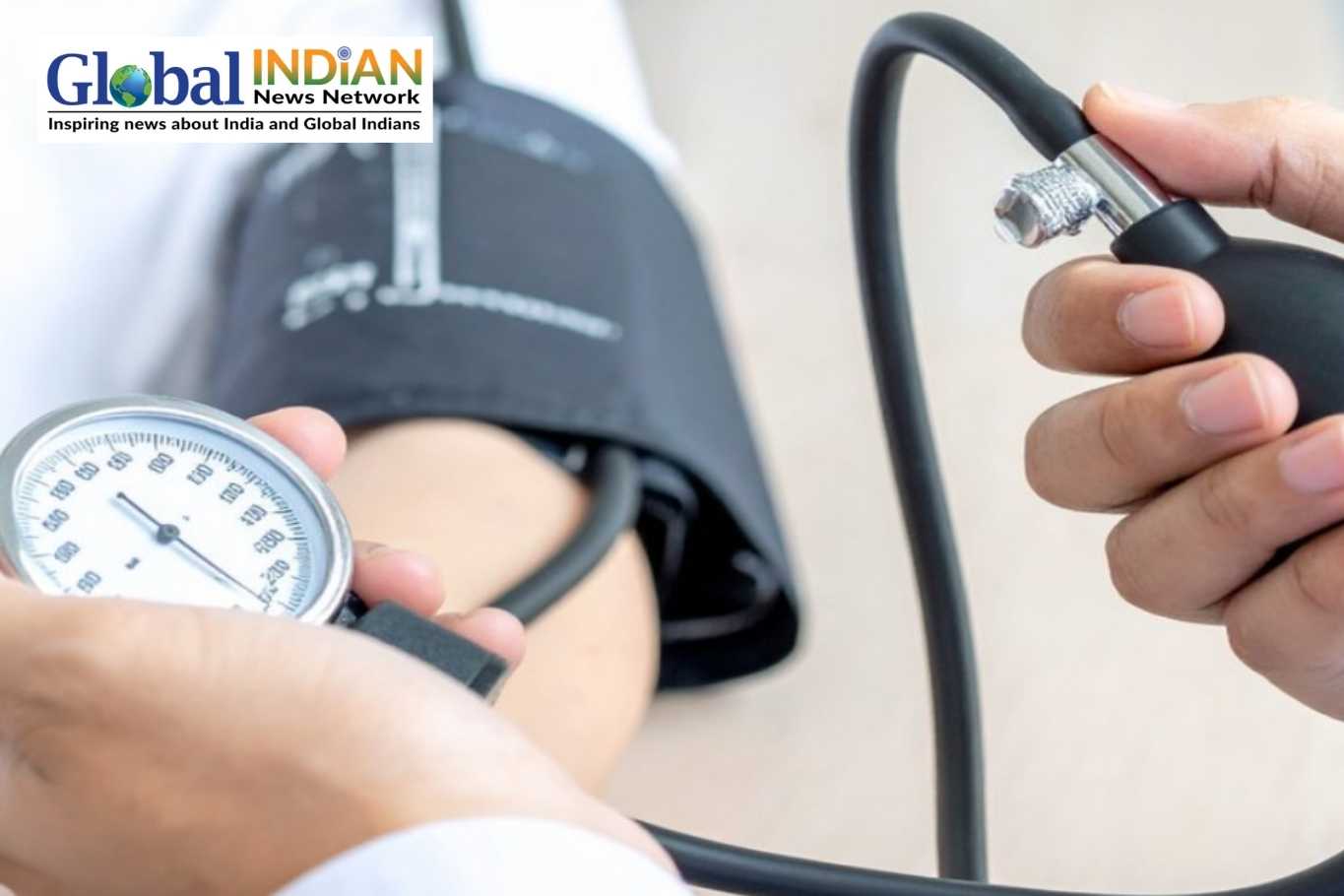 Alcohol consumption has long been frowned upon in society, often associated with negative perceptions and excluded from the ideal lifestyle. However, recent research suggests that moderate alcohol consumption could actually have positive effects on heart health. It has been found that moderate alcohol intake may help prevent cardiovascular complications, including heart attacks and strokes. This is due to alcohol’s ability to reduce activity in the brain regions responsible for stress response. Nonetheless, experts emphasize the need for caution and highlight the potential health risks associated with alcohol consumption.
Alcohol consumption has long been frowned upon in society, often associated with negative perceptions and excluded from the ideal lifestyle. However, recent research suggests that moderate alcohol consumption could actually have positive effects on heart health. It has been found that moderate alcohol intake may help prevent cardiovascular complications, including heart attacks and strokes. This is due to alcohol’s ability to reduce activity in the brain regions responsible for stress response. Nonetheless, experts emphasize the need for caution and highlight the potential health risks associated with alcohol consumption.
Lower stress response in the brain
Studies involving a large sample of individuals have revealed that those who consume alcohol in moderate or small amounts have a lower risk of developing cardiovascular diseases compared to the general population. Researchers took into account various factors such as lifestyle, genetics, and medical conditions in their analysis. Furthermore, investigations have shown that individuals who consume alcohol moderately exhibit decreased activity in the amygdala, the part of the brain responsible for processing stress signals. This leads to reduced stress levels and a decreased likelihood of experiencing heart-related medical complications.
Moderate alcohol consumption aids anxiety management
Additional research indicates that moderate alcohol intake can dampen the amygdala’s response to emotions such as anger and fear. Consequently, the risk of anxiety is reduced. Individuals who have dealt with anxiety issues have reported significant relief from heart problems when consuming alcohol in moderation, compared to those who abstain.
Balancing the risks
While moderate alcohol consumption may have potential benefits, it is crucial to acknowledge the associated health risks. It is common for individuals to turn to excessive drinking as a means to cope with stress, which can be detrimental to overall well-being. Experts recommend adopting a healthy lifestyle instead of relying on alcohol to alleviate stress. This includes incorporating nutritious foods into the diet, prioritizing hydration through water consumption, and integrating regular physical activity into daily routines.
Seek professional help
If stress, anxiety, or other issues persist, it is advisable to consult with a mental health specialist or a doctor. They can provide guidance and support tailored to individual needs, promoting overall well-being in a holistic manner.









